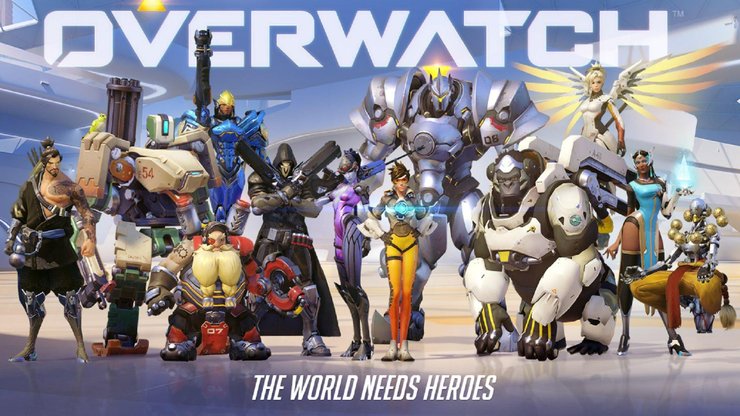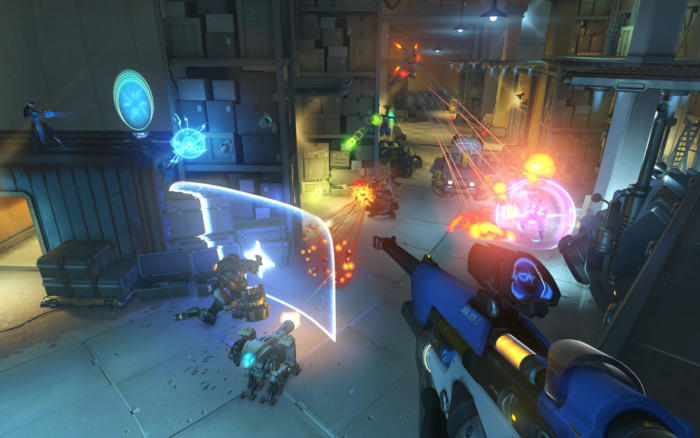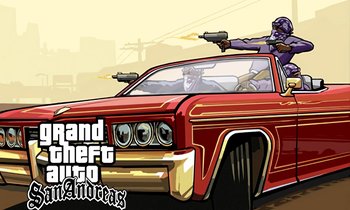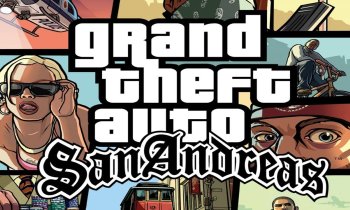For a while, Overwatch had had a bad reputation of being a toxic multiplayer game, even in competitive scenes. Many times, its people got trolled and violated but the developer could not solve the problem due to inefficient report system.

Similar to other competitive games, Overwatch also has a considerable rate of toxicity, or “disruptive behavior”, as called by Blizzard. However, during the GDC in San Francisco, Blizzard’s research developer Natasha Miller optimistically announced that the rate has declined 40%. The reasons for this could be the introduction of two features last year: the endorsement system and pre-match grouping system. The former lets people give each other post-match rewards for respectful communicating and competent playing, whereas the latter allows players to lock their roles, positions, and request the minimum level of their teammates prior to a match. Despite the efforts, keep in mind that no solution can cover every problem in online gaming, especially the inconsistent social benchmark.

According to Miller, physical communication and online communication are two distinct stories. The developer said that “If you’re constantly tardy and you only do the bare minimum at work, you’re not going to get promoted. You have to watch someone else who does the work get the raise... In online communities, there are usually no consequences for bad behavior and no rewards for star players. We wanted the community to have their own reward system.”
Miller noted another crucial objective of that system was to provide players who were penalized a chance. If you misbehave with your teammates, your level of endorsement will fall as a result. In that case, you will miss several in-game rewards such as loot boxes, then you definitely will not be teamed up with well-behaved players. Consequently, as Miller said, “The system makes people nicer.”










Comments